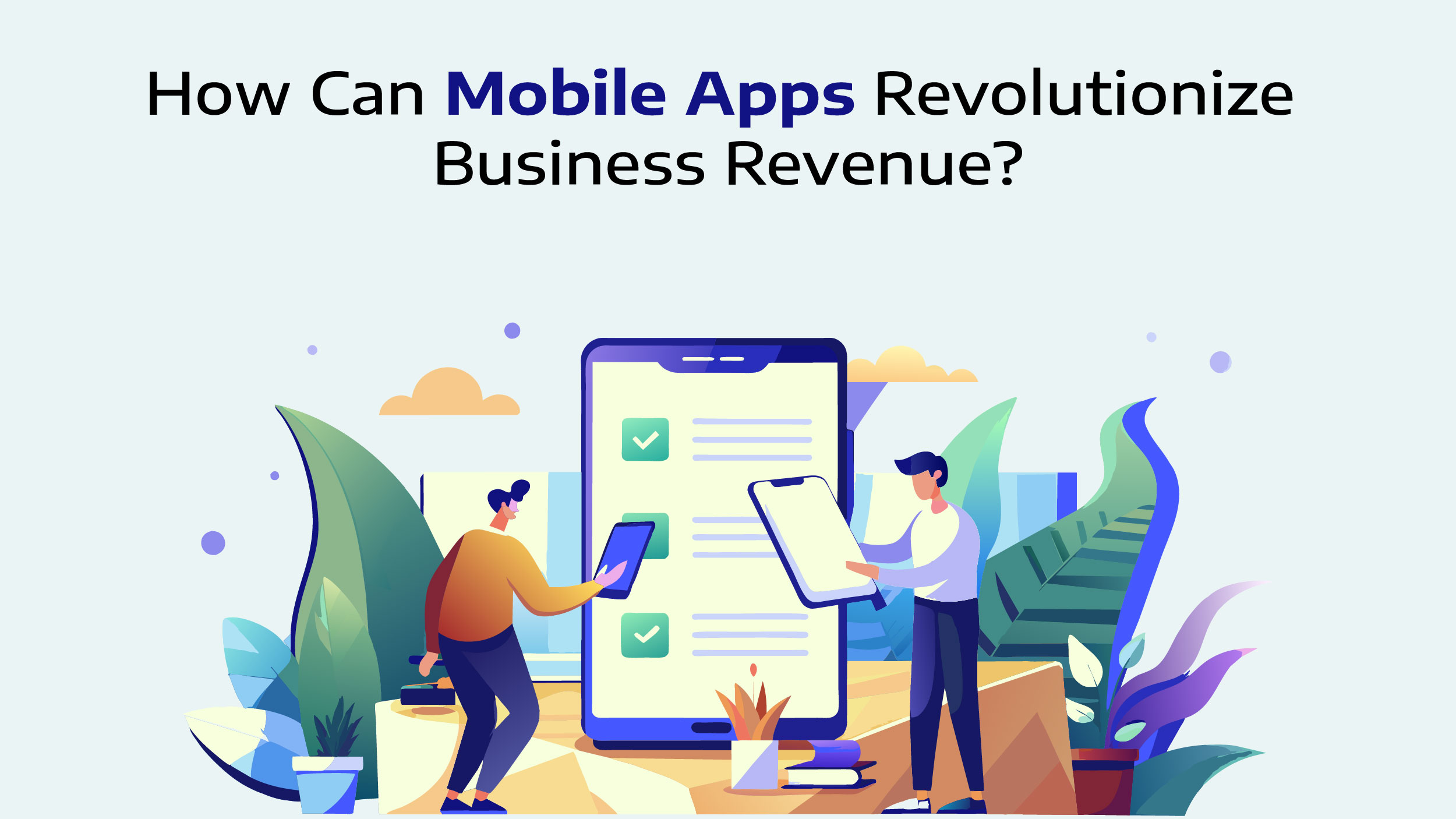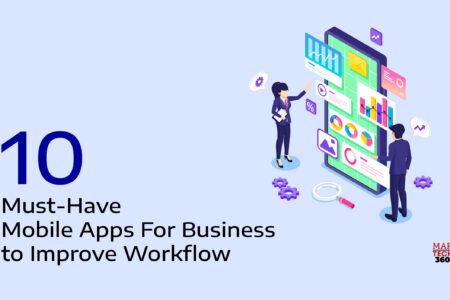With a whopping 6.95 billion mobile app users worldwide, savvy business owners can leverage this statistic to their benefit. After all, the cornerstone of any successful enterprise is effectively reaching its customers. If you already have insights into where your ideal audience resides, why not seize the opportunity?
Mobile apps for businesses are an excellent way to bring your product or service to your customers. Of course, this doesn’t mean you should rush to develop an app for your service and start reaching out immediately. However, there are effective strategies to achieve just that. Read on as we decode why mobile apps are a must-have for businesses and how you can leverage them to boost productivity.
What is a Mobile App?
A mobile app, or mobile application, is a software program tailor-made for small, wireless computing gadgets like smartphones and tablets. These apps are crafted to operate on particular mobile operating systems such as iOS, Android, and Windows Phone. Once downloaded and installed on a device, a mobile app resides in the device’s memory and is initiated through its operating system.
How Can Mobile Apps Revolutionize Business Revenue?

Increased Accessibility
Mobile apps offer businesses a convenient platform for customers to access products and services anytime, anywhere. With location-based services and personalized recommendations, businesses can enhance accessibility and engagement.
Building Customer Loyalty
By offering exclusive discounts, rewards, and personalized features, mobile apps foster customer loyalty. Push notifications and in-app messaging further deepen engagement, nurturing long-term customer relationships.
Revenue Boost
Leveraging mobile technology, businesses can personalize customer experiences, driving loyalty and revenue growth. Additionally, facilitating faster transactions through apps can lead to increased conversion rates and revenue generation.
Insights into Consumer Behavior
Mobile apps provide valuable data on customer behavior and preferences, enabling businesses to refine marketing strategies and enhance customer experiences. Real-time analytics empower businesses to adapt swiftly to changing consumer trends.
Streamlined Business Processes
Mobile apps streamline business operations by automating tasks and improving efficiency. By reducing manual workloads and enhancing communication, apps enable businesses to boost productivity and save time.
In the digital age, embracing mobile apps is not just a trend but a strategic imperative for businesses looking to thrive in an ever-evolving marketplace.
Also Read: Personalized Customer Engagement: 9 Ways for Improved Conversion Rate
10 Examples of Must-Have Mobile Apps for Business
- Salesforce: Salesforce is a leading customer relationship management (CRM) platform that offers a mobile app allowing sales teams to access customer data, manage leads, and track sales opportunities on the go. The app enables real-time collaboration and provides insights into customer interactions.
- Slack: Slack is a popular communication and collaboration platform that offers a mobile app for businesses to stay connected with their teams from anywhere. The app allows users to send messages, share files, and collaborate on projects in real-time, enhancing productivity and teamwork.
- QuickBooks: QuickBooks is a widely used accounting software that offers a mobile app allowing businesses to manage their finances on the fly. Users can track expenses, create invoices, and view financial reports from their mobile devices, ensuring financial transparency and control.
- Shopify: Shopify is an e-commerce platform that offers a mobile app for businesses to manage their online stores on the go. The app allows users to add products, process orders, and track sales from their mobile devices, empowering businesses to run their e-commerce operations seamlessly.
- Trello: Trello is a project management tool that offers a mobile app for businesses to organize tasks and collaborate with team members remotely. The app enables users to create boards, add cards, and assign tasks, facilitating efficient project management and workflow optimization.
- Zoom: Zoom is a video conferencing platform that offers a mobile app for businesses to conduct virtual meetings and webinars from anywhere. The app allows users to join meetings, share screens, and collaborate with colleagues in real-time, fostering effective communication and collaboration.
- Reclaim.ai: This AI-powered app is designed to optimize workplace productivity by managing calendars, habits, and integrations. It offers personalized productivity tips and can significantly improve productivity levels.
- Asana: Asana is a comprehensive project management application known for its project planning, task assignment, and seamless app integrations. It is highly regarded for its ability to enhance productivity and streamline workflows.
- Todoist: Todoist is a robust task management app that assists users in organizing and prioritizing tasks effectively. With features like task archives, statistics, and integration with various platforms, Todoist keeps users focused on their goals and boosts productivity.
- Toggl: Toggl is a versatile time tracking app that enables businesses to track the time spent on different activities accurately. By identifying workflow inefficiencies and providing insights, Toggl helps businesses improve productivity across mobile, desktop, and browser platforms.
Key Takeaways
Apart from the ones listed above, there are various mobile apps for businesses available in the market. Choose the right applications depending on your business objectives. Good mobile apps are vital for engaging with prospects, boosting productivity, and growing your business, whether you’re a SaaS startup or a real estate firm. Seek versatile solutions like unified communications platforms to consolidate functionalities, saving time and money in the long run.

